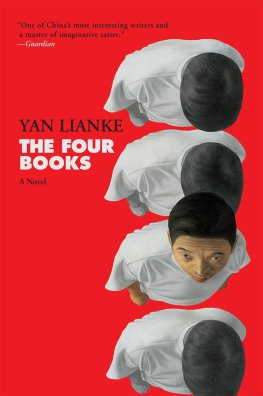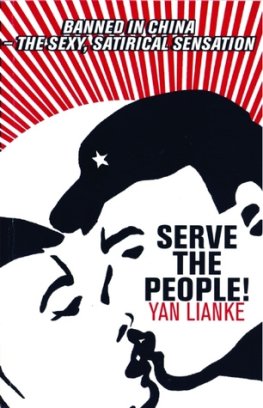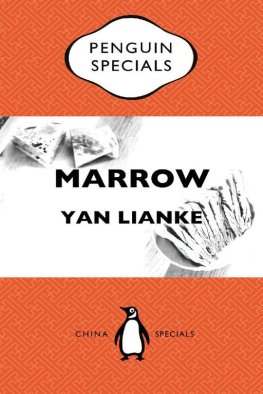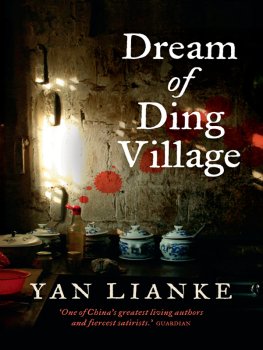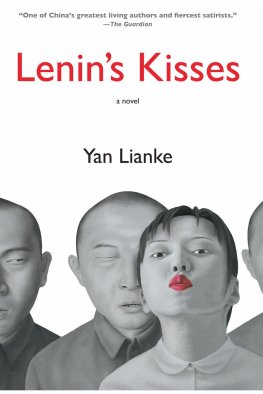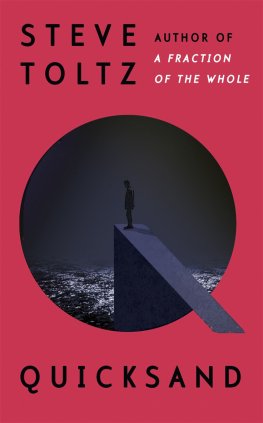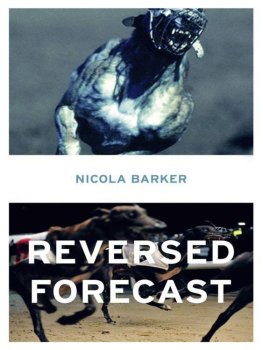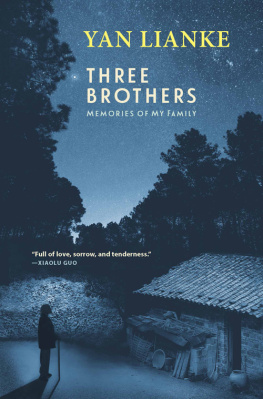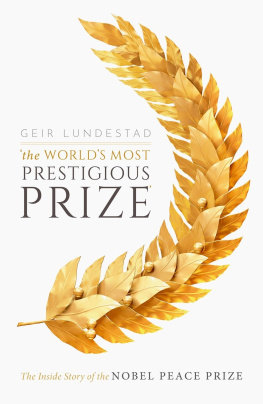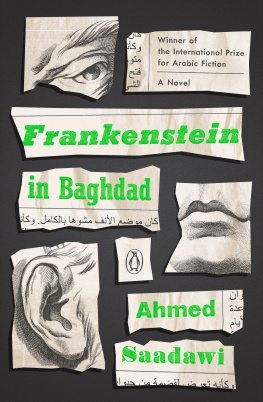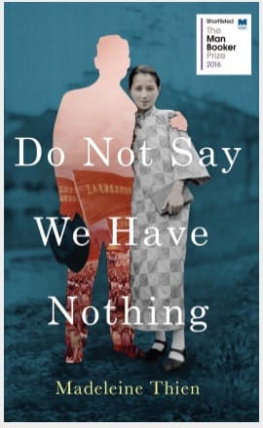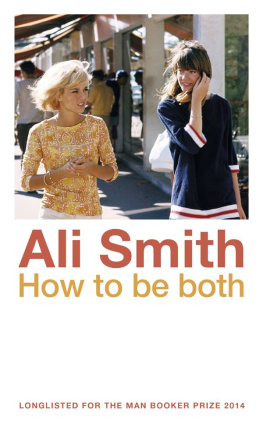This book is dedicated to all of those who have been forgotten by history,
and to those millions of scholars who have lost their lives.
Yan Lianke has noted that whenever he travels abroad, he is invariably introduced as Chinas most controversial and most censored author. He claims he is neither honored nor annoyed by this characterization, but points out that in contemporary Chinas publishing environment, it would be unusual for a serious author to never run into problems with the censors.1
The Four Books, Yan Liankes novel about the Great Leap Forward (19581961), reflects on similar issues of literary production and political supervision. Following on the heels of the Hundred Flowers Campaign (1956), which encouraged citizens to express criticisms of the regime, and the Anti-Rightist Campaign (1957), which labeled many of those same citizens as rightists and sentenced them to compulsory re-education, the Great Leap Forward began as a set of policy directives designed to jumpstart Chinas economy so that it might overtake that of Great Britain in fifteen years. The resulting emphasis on rapid industrialization and collectivization, however, had catastrophic consequences including a nationwide famine that claimed the lives of tens of millions of people. Although the government refers to this period as the three years of natural disaster, it is nevertheless widely acknowledged that the crisis was in large part a result of a set of tragically misguided political decisions. Yan Liankes novel is unusual in that it offers a detailed exploration, in fictional form, of some of the policy mistakes and human tragedies that unfolded during this period. While there are many Chinese literary works that offer a critical perspective on the more recent Cultural Revolution (19661976), there are as yet relatively few works that attempt to do the same with respect to the Great Leap Forward and its aftermath.
The Four Books focuses on a re-education compound, known as the ninety-ninth district, for intellectuals accused of being rightists. None of these characters is given a proper name, and instead they are identified by their former occupation: the Scholar, the Author, the Musician, the Theologian, and so forth. This compound is led by a young boy identified as the Child. Part dictator, part naf, and part martyr, the Child oversees the accused rightists with an almost infantile system of rewards and punishments. At one point, the Child recruits one of them a writer known as the Author to keep a journal detailing the actions of the other residents of the compound, promising him that he will be permitted to return home early if he provides enough incriminating material about his peers. The result is a collection of documents titled Criminal Records, excerpts of which are reproduced in The Four Books. Even as the Author is keeping this journal for the Child, he secretly begins taking notes for a novel he plans to write after he is released. This latter work takes inspiration from the same events that the Author is recording for the Child, but from a very different perspective. The result, we are told, is a five-hundred-page novel that is eventually published under the title Old Coursethe title alludes to the old course of the Yellow River that once ran right through the territory where the Re-Ed compound is now located, but also carries connotations of ancient ways or deeply entrenched customs.
In addition to Criminal Records and Old Course, Yan Liankes The Four Books also incorporates fragments from two other texts. The novel opens with an excerpt from an anonymous manuscript titled Heavens Child that relates the story of the Re-Ed compound in a voice that draws eclectically from sources ranging from Christianity to Chinese mythology, and it concludes with the introduction to a philosophical manuscript titled A New Myth of Sisyphus that had been composed in secret by another character in the compound. This final text offers a retelling of the myth of Sisyphuss divine punishment. Although it does not refer to the Re-Ed compound directly, it could nevertheless be seen as an allegorical commentary on the punitive conditions that hold sway in the compound itself. In this retelling, Yan Lianke took inspiration from a strange hill located outside of the northern Chinese city of Shenyang, where objects roll up the hill on their own accord but have to be pushed back down. The result may be viewed as a commentary on the workings of power, but also on the possibility of either turning that power against itself or of finding a space of freedom within the soul-crushing conditions imposed by that same power.
The title The Four Books evokes both the set of Confucian texts known as the Four Books as well as the four gospels within the Christian tradition. But while the novel itself is composed in a distinctive language that reflects the influence of these and other canonical texts, Yans title refers most immediately to the fact that his novel is composed of interwoven excerpts from the four fictional manuscripts listed above. Each manuscript is written in a different voice and from a different perspective, and the tensions between them mirror those that characterized the Re-Ed compound itself. Moreover, at least three of these manuscripts were composed in reaction to the Childs attempts to shape the narrative about the Re-Ed compound under his command, suggesting that the novel as a whole may be seen as a symptom of these broader struggles over knowledge and literary representation.
Given that all of the accused rightists in this Re-Ed compound are intellectuals, they brought a variety of books with them. The Child systematically confiscates these texts and burns them, including Western classics like Don Quijote, Faust, The Divine Comedy, and The Phenomenology of Spirit; religious works like the Bible and Buddhist sutras; and even Chinese texts like Lu Xuns Call to Arms and Wild Grass, Strange Tales of the Liao Zhai Studio, and Laws of the Tang and Song. The Childs attempts to suppress these works partially backfire, however, as characters come up with ingenious ways of preserving their banned texts. For instance, the Musician keeps a copy of La Dame aux Camlias hidden inside her pillow, the Theologian hides a tiny Bible inside a cavity he carves out within a copy of Marxs Capital, and even the Child himself becomes secretly entranced by an illustrated edition of stories from the Bible.
Related issues of literary censorship also inform the backdrop of the novel itself. Before The Four Books, several of Yan Liankes own works had run into problems with the authorities. For instance, following the publication of his 2004 novel Lenins Kisses, which describes a harebrained plan to purchase Lenins embalmed corpse from Russia and use it as the basis for a Chinese tourist site, Yan was dismissed from his position with the Peoples Liberation Army, for which he had worked for more than twenty years. His following novel, Serve the People!, which offers a parody of Maoist rhetoric during the Cultural Revolution, never got through the censors, and his 2006 novel about Chinas rural AIDS epidemic, Dream of Ding Village, was initially published but then recalled (though bookstores were allowed to sell their remaining stock). When Yan began working on The Four Books, accordingly, he decided to simply write what he wanted without trying to second-guess the censors. As he puts it:
Ive always dreamed of being able to write without any regard for publication. The Four Books is (at least partially) an attempt to write recklessly and without any concern for the prospect of getting published. When I say that I have written this recklessly and without concern for publication, I do not mean that I have simply written about mundane or contemptible topics, such as coarse and fine grains, beautiful flowers and full moons, or chicken droppings and dog shit, but rather that I have produced a work exactly as I wanted to.2

